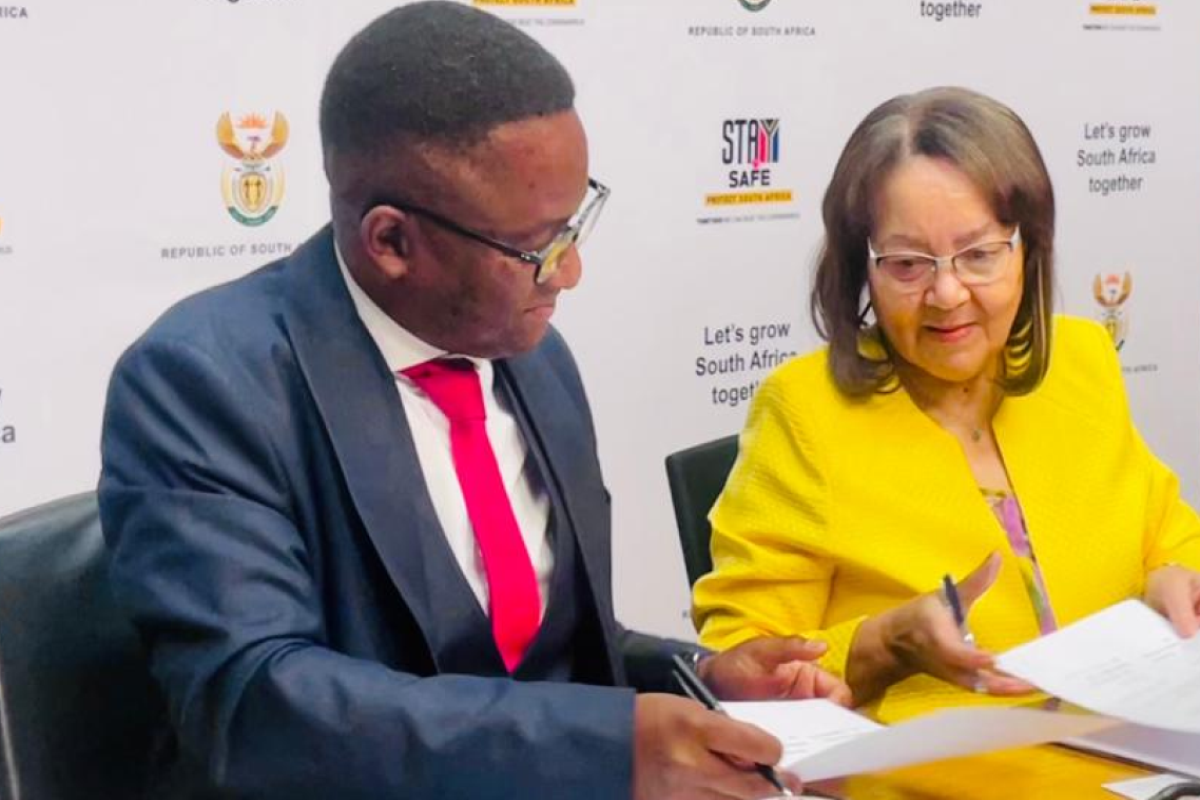Google Partners with South Africa to Fix Unfair Search Results for Small Travel Operators

Skift Take
Google teamed up with South Africa's tourism department Monday to boost travel marketing efforts after a government inquiry concluded in July that Google's practices impede competition.
The inquiry was done by South Africa's competition commission. It found that for 90% of general searches, Google tended to favor its services and larger platforms that can afford to boost their search results.
Smaller South African travel businesses and tour operators were at a disadvantage, the inquiry found.
South Africa's Minister of Tourism, Patricia de Lille, said the priority now was to set up a tourism sector database with all active tourism-related businesses. The department would also iden
